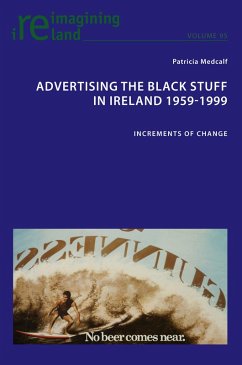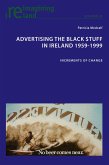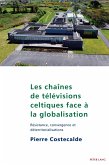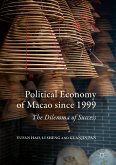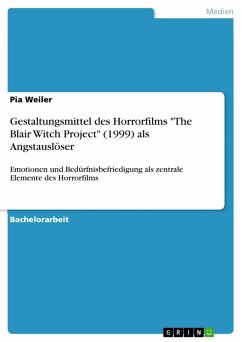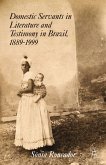1959 to 1999 was a pivotal time in the Republic of Ireland's short history. This book's journey commences in 1959 when the country had just taken its first steps on the road to internationalization. It concludes 40 years later in 1999, by which time Ireland had metamorphosed into one of the most globalized countries in the world. Inevitably, many of the country's cultural and societal norms were challenged. The author charts many of the changes that occurred over the course of those years by piecing together a large number of the ads held in the Guinness Archive. Just as Irishness, cultural specificity and the provenance of Guinness formed an integral part of these ads, so too did the growing prevalence of international cultural tropes. The book seeks to interrogate the following: the influence of the Guinness brand's provenance on advertising campaigns aimed at consumers living in Ireland; the evolution of cultural signs used in Guinness's advertising campaigns aimed at consumers in Ireland between 1959 and 1999; the extent to which Ireland's social and economic history might be recounted through the lens of Guinness's ads; the extent to which Guinness's advertising might have influenced Irish culture and society.
Dieser Download kann aus rechtlichen Gründen nur mit Rechnungsadresse in A, D ausgeliefert werden.
« For most Irish people, Christmas really starts when the Guinness advertisements, from the home of the 'black stuff', appears on television with the haunting music and the imagery of snow-covered urban and rural scenes. Just as the product has become a synecdoche of Irishness, so the advertisements have become iconic signifiers of both the product and of a sense of Irishness. In this original and thought-provoking study, Trish Medcalf traces and analyses Guinness advertisements from 1959-1999. As well as looking at the advertisements themselves, she provides a telling critique of how they both responded to, and at times led, the changes in Irish society over that period. » (Eugene O'Brien, Mary Immaculate College, University of Limerick)

